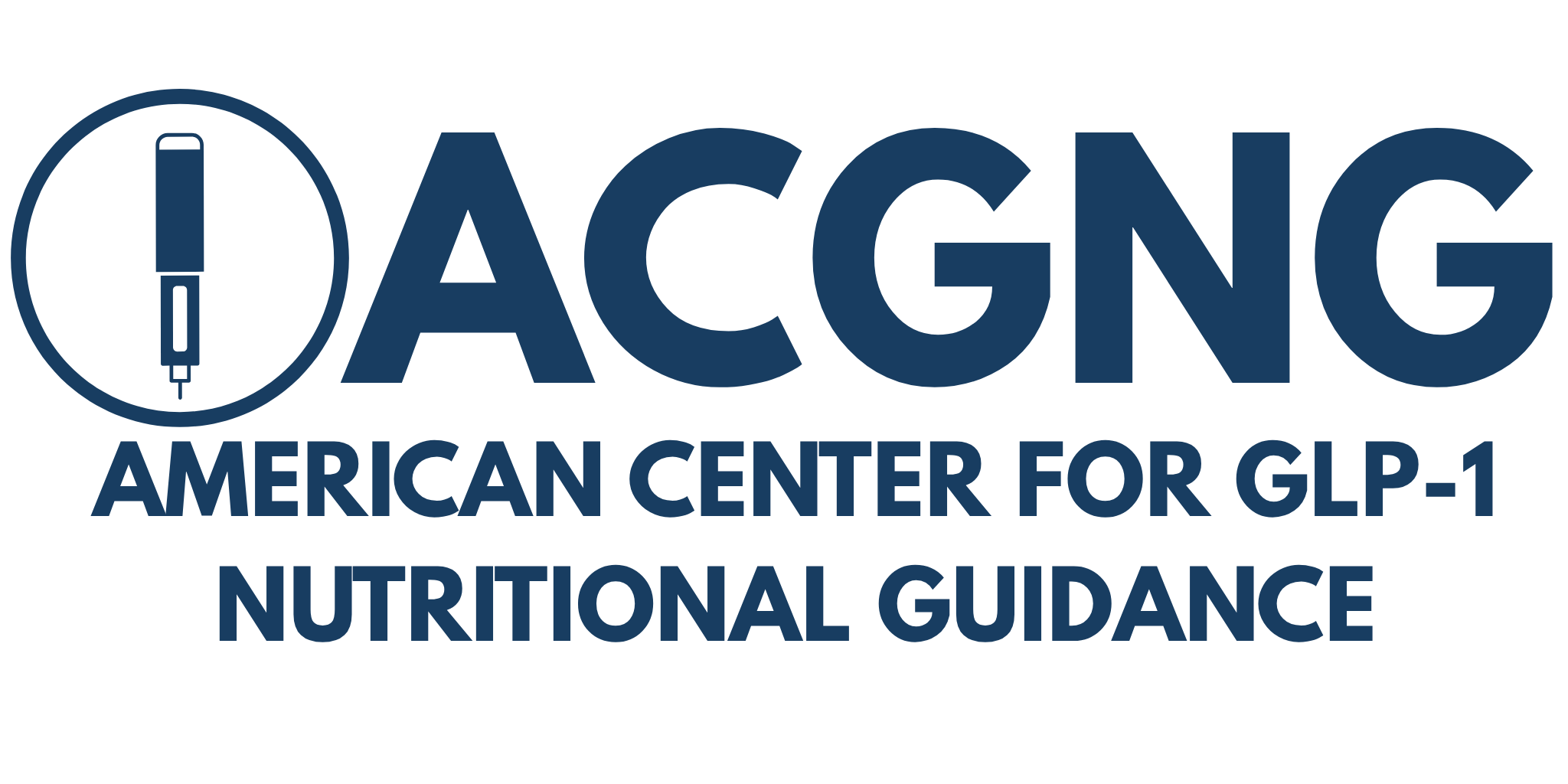Introduction
As GLP-1 receptor agonists gain approval for use in younger populations, it’s essential to understand their safety profile, effectiveness, and long-term implications. Pediatric physiology and development require careful evaluation when introducing pharmacologic therapies.
What the Research Shows
- Clinical trials have demonstrated significant reductions in BMI and improvements in metabolic markers with GLP-1 use in adolescents.
- Adolescents generally tolerate these medications well, with side effects similar to those in adults.
- Ongoing trials continue to evaluate long-term effects on growth, puberty, and cardiovascular health.
Regulatory Approvals
- Liraglutide (Saxenda): FDA-approved for adolescents 12+ with obesity since 2020.
- Semaglutide (Wegovy): FDA-approved for adolescents 12+ with chronic weight management needs since 2022.
- Liraglutide (Victoza): FDA-approved for children 10+ with Type 2 diabetes.
Safety Considerations
- Common side effects: nausea, vomiting, diarrhea, headache, and decreased appetite.
- Monitoring for rare but serious adverse events, such as pancreatitis and gallbladder issues, is necessary.
- GLP-1s are contraindicated in patients with a family history of medullary thyroid carcinoma (MTC) or multiple endocrine neoplasia syndrome type 2 (MEN 2).
Impact on Growth & Development
- To date, no negative impact on linear growth or pubertal progression has been reported in clinical trials.
- Close monitoring remains essential, especially during periods of rapid growth.
Long-Term Data Still Needed
While short- to medium-term data are encouraging, large-scale, long-term studies are still ongoing to evaluate the full safety profile in youth, including potential effects on:
- Bone health and mineralization
- Neurodevelopmental outcomes
- Weight trajectory into adulthood
References
- Kelly AS et al. “Safety, Tolerability, and Efficacy of GLP-1 Agonists in Pediatric Populations.” JAMA Pediatrics. 2022.
- FDA. “Wegovy and Saxenda Approvals for Adolescents.” 2020–2023.
- Tamborlane WV et al. “Pediatric Type 2 Diabetes and Pharmacologic Therapy.” NEJM. 2021.
- National Institute of Diabetes and Digestive and Kidney Diseases. “Pediatric Clinical Trials on GLP-1 Medications.” Updated 2024.
